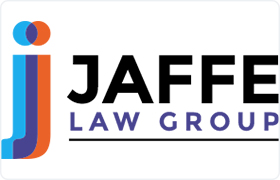Clinton Township Misdemeanor Lawyer, Michigan
Sponsored Law Firm
-
 x
x

Click For More Info:
-
Jaffe Law Group
30701 Barrington Street Madison Heights, MI 48071» view mapCriminal Law Advocates for Oakland County
For over three decades, Jaffe Law Group has helped individuals accused of crime, families dealing with tough legal matters, and injury victims get through a difficult time.
248-522-9545
FREE CONSULTATION
CONTACT Brent Jaffe Madison Heights, MI
Brent Jaffe Madison Heights, MI AboutJaffe Law Group
AboutJaffe Law Group Practice AreasExpertise
Practice AreasExpertise
